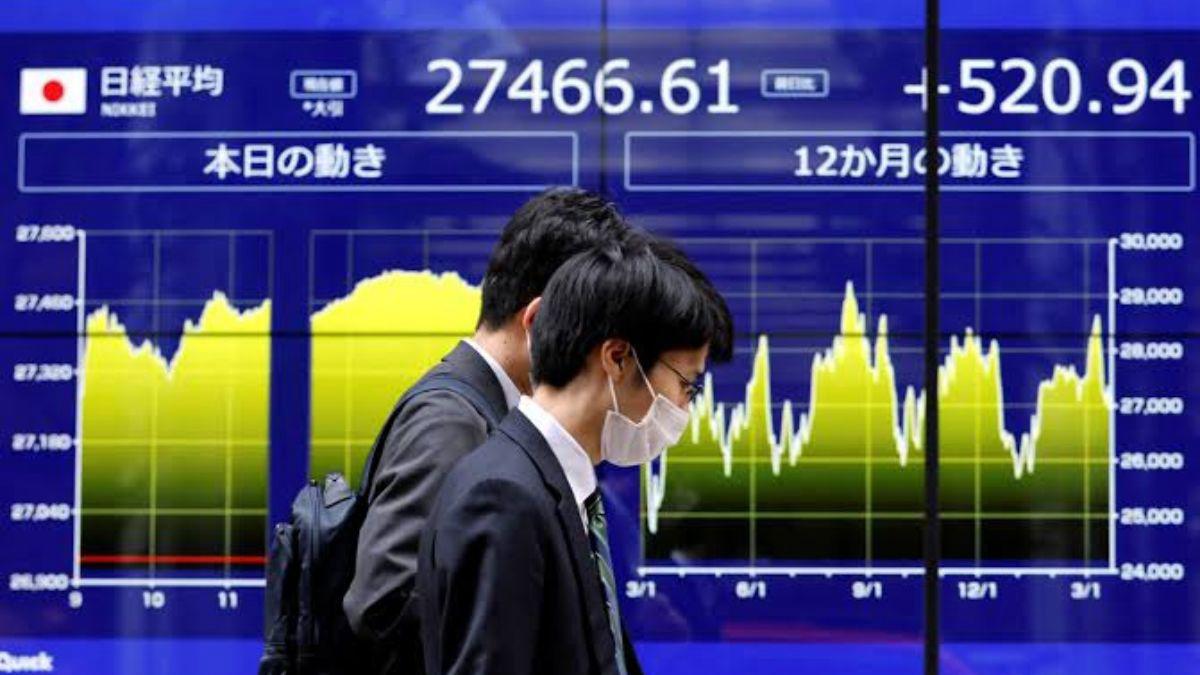On August 29, the Japanese stock market exhibited a notable recovery, erasing earlier losses prompted by disappointing earnings forecasts from Nvidia, the leading American semiconductor manufacturer. Despite an initial sell-off in semiconductor-related stocks, driven by Nvidia’s underwhelming third-quarter sales outlook, the market rebounded as investors absorbed the news and sought opportunities elsewhere.
Nvidia’s earnings report, released early on August 29 Japan time, revealed a forecast for the third quarter (August-October) that fell short of market expectations. This miss triggered a steep decline of over 8% in Nvidia’s shares during after-hours trading on U.S. markets. The company’s forecast, coupled with issues related to new chip developments, initially spurred a sell-off in Japanese semiconductor stocks. However, the impact was mitigated by Nvidia’s stronger-than-anticipated second-quarter results, which helped to stabilize Japanese stocks related to the semiconductor sector. Additionally, gains in insurance and shipping stocks provided further support to the market.
Takashi Ito, a senior strategist at Nomura Securities, downplayed the potential long-term effects of Nvidia’s earnings report. He noted that while Nvidia’s share price drop in after-hours trading was significant, it remained within the bounds of typical market reactions to earnings reports. According to Ito, if investors had been significantly disheartened, the repercussions would have been more pronounced across stock index futures and foreign exchange rates.
In the currency markets, the Japanese yen traded around 144 yen to the dollar, reflecting a lack of clear directional movement. Meanwhile, the Ministry of Finance’s auction of two-year bonds demonstrated robust demand, reinforcing the appeal of medium-term bonds among investors. This shift highlights a growing preference for stable, income-generating assets amid market volatility.
Overall, while Nvidia’s earnings miss initially shook the Japanese market, the subsequent rebound and strong bond auction results suggest a cautious but resilient investment environment in Japan.

